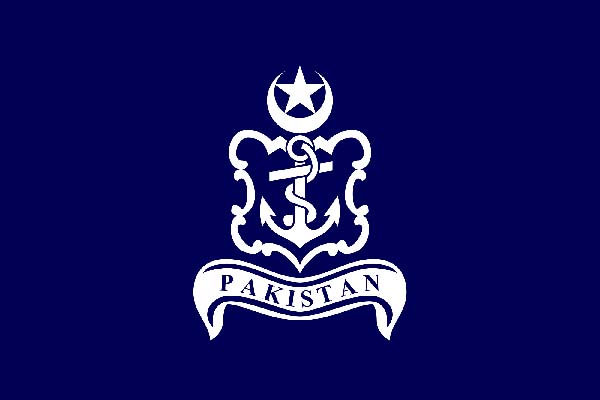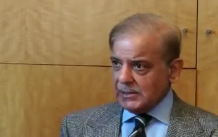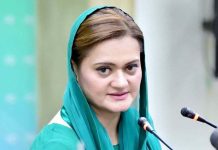The Election Commission of Pakistan (ECP) clarified on Thursday that it was authorised to decide on matters pertaining to floor crossing only after receiving a declaration about dissident lawmakers from the National Assembly (NA) speaker.
The ECP’s statement has come amid speculation that the ruling Pakistan Tehreek-i-Insaf’s lawmakers would defect during voting on a no-confidence motion against Prime Minister Imran Khan, which is expected to take place later this month.
The electoral watchdog said it had been noted that the government functionaries were criticising the commission on different forums for not taking any “practical measures” regarding floor crossing in relation to the no-trust vote against the prime minister.
“Since these statements are being broadcast on the national media, it is imperative that the election commission clarifies its constitutional and legal responsibility,” the ECP statement read.
It said the details of a lawmaker’s disqualification over defection were described under Article 63 (A) of the Constitution. According to this Article, the ECP said, a party head needs to declare in writing that a lawmaker has defected and a copy of the declaration is to be sent to the presiding officer (who is the NA speaker in this case) and the chief election commissioner.
But before making such a declaration, the commission added, lawmakers said to have defected must be given an opportunity to show cause as to why such a declaration may not be made against them.
Following that, the presiding officer (the NA speaker) would send the declaration regarding a dissident lawmaker’s disqualification to the chief election commissioner within two days.
“If he (the presiding officer) fails to do so, it would be assumed that the chief election has received the declaration.” The ECP said the chief election commissioner would then present the declaration before the commission, which would decide the matter in 30 days. “The election commission’s role will start after a party member defects, the party head makes a declaration and the [NA] speaker sends the declaration to the election commission,” the watchdog explained.
Moreover, the ECP cited Articles 218 (1) and 219 of the Constitution, saying that the commission had the responsibility to hold parliamentary, provincial assembly, local government and other elections. Additionally, under Article 41 (3) of the Constitution, that ECP had the responsibility to hold elections for the office of the president, the statement added.













